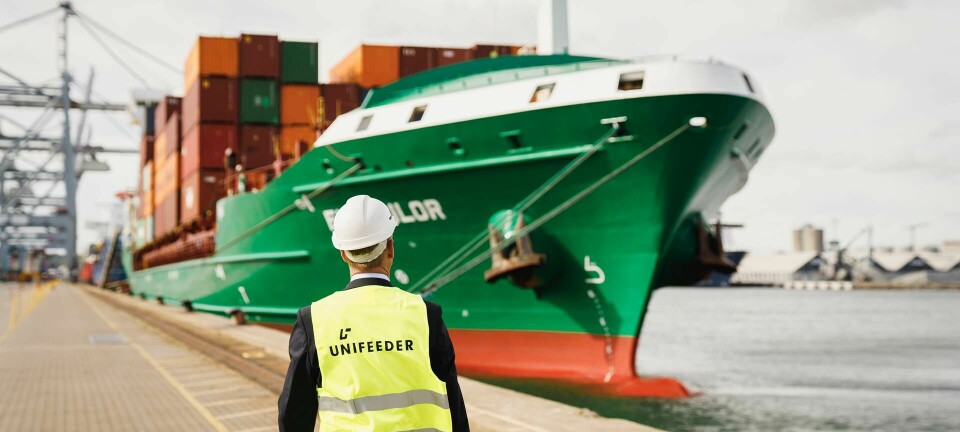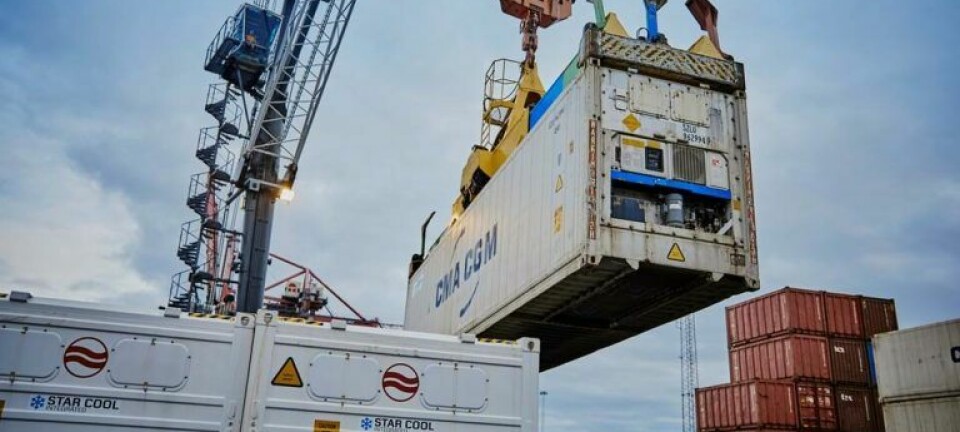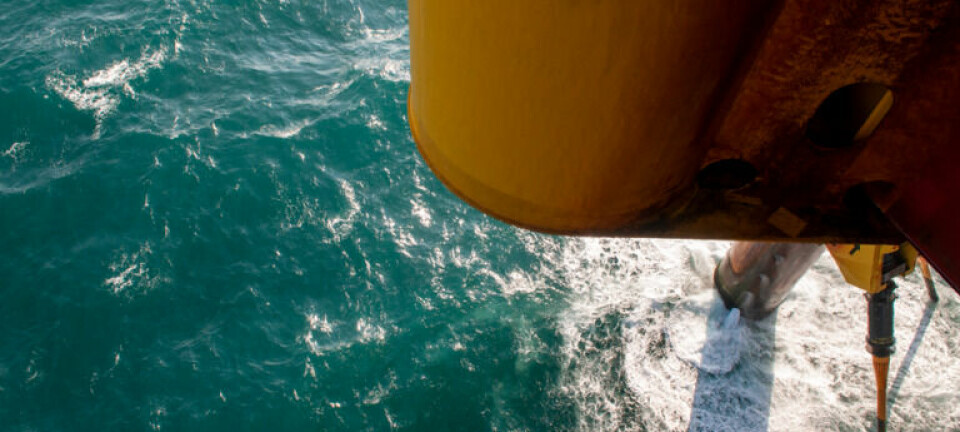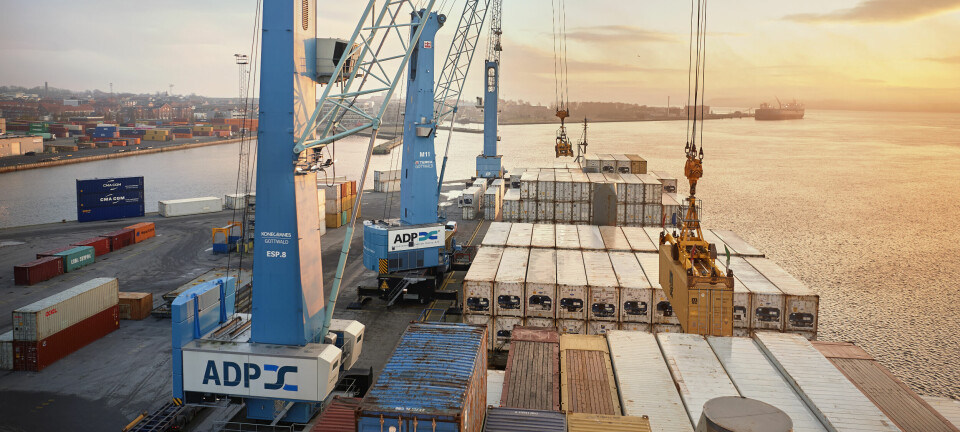Port of Toronto has a strong 2020
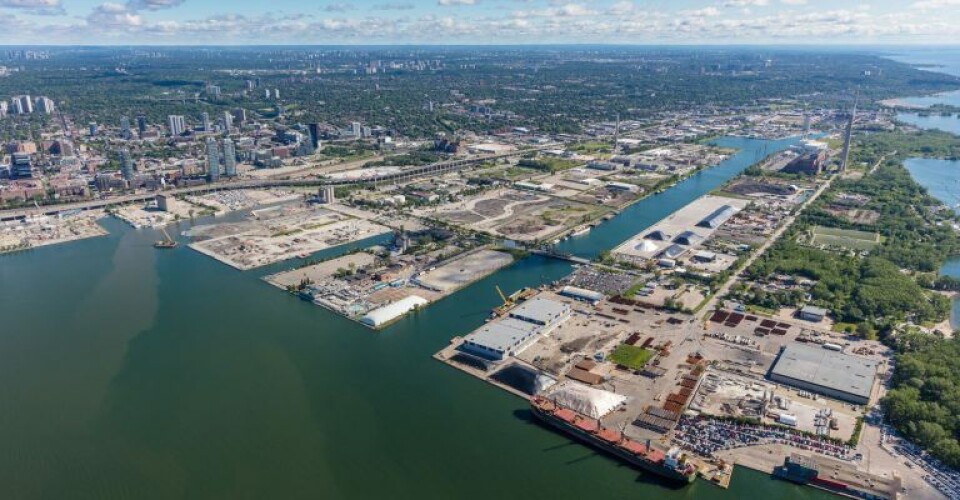
The seaport at Canada’s largest city had a strong year for cargo volume, leading into the 2021 fiscal year.
By Michael McGrady, Maritime Direct Americas & Pacific Correspondent
TORONTO — For the fourth year in a row, the Port of Toronto moved well over two million metric tonnes of bulk and general cargo products. This represents another strong year in marine imports for the city, despite the challenges of the COVID-19 pandemic.
In 2020, the Port of Toronto experienced a strong year in steel imports and received some of the highest cement cargo levels in over 16 years, and saw the return of Short Sea Shipping to augment economic infrastructure and the movement of goods.
“The Port of Toronto experienced another strong year in 2020, with more than 2.2 million metric tonnes of cargo moving through the port and carrying much of the food, construction materials, and other resources that the Greater Toronto Area needed to keep it moving during these challenging times,” says Geoffrey Wilson, the chief executive officer of PortsToronto, the agency over the seaport.
“Despite the challenges of the COVID-19 pandemic, we saw an increase in imports of sugar and cement last year, as well as having another strong year in steel cargo transiting through the port to Toronto’s booming construction sites,” Wilson said. “In 2021 and beyond, the Port of Toronto will continue to provide Canadian and international businesses with a convenient, cost-effective, and environmentally-responsible way of bringing goods into Canada’s largest city.”
According to port data, 174 cargo vessels visited the Port of Toronto in 2020. There, the port offloaded container, bulk, and general cargo products. Overall, the total metric tonnes of cargo moved totaled at 2,208,358. The report also recorded an 11 percent increase in sugar imports, with 638,283 metric tonnes imported from Latin America to support the city’s food and beverage industry.
677,726 metric tonnes of salt and 92,072 metric tonnes of aggregate made it in 2020. The port, essentially, had another strong year for steel products like coils, rebar, plates, and rail from Sweden, Spain, and Turkey.


